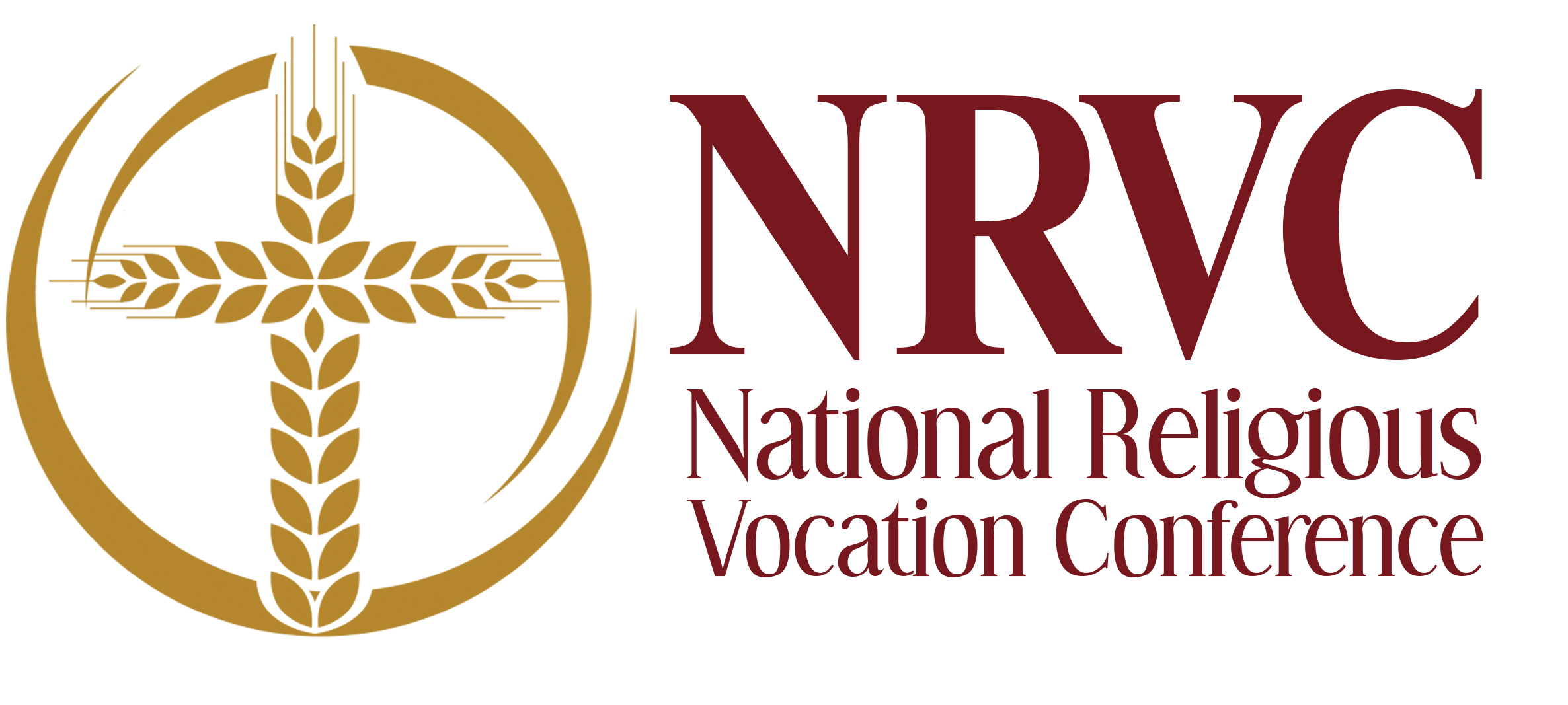|
GO BOLDLY BUT EXPECT CHANGES IN COURSE
It's possible you've never seen Star Trek. This, despite more than the 850 episodes and 57 years that variations on the epic series and its feature films have aired. If you're a holdout because of the sci-fi genre, consider "boldly going" there for the anthropology and social theory (classic Star Trek, or Discovery); for the philosophy, politics, or moral theory (The Next Generation, Voyager, or Picard); even, believe it or not, for the theology (Deep Space Nine).
Or come for the "prime directive." Reflect on how a fundamental imperative might govern every decision our future leaders make. Star Trek's prime directive basically says you can't tamper with the evolution of other cultures. You can't hand them your technology or force them to adopt your "superior" culture in any way. (Imagine human history minus colonialism, military domination, or judgmental missionizing of any sort!)
Like all well-intended principles, Star Trek's prime directive is broken as often as it's heeded. Sometimes, it becomes morally necessary to interfere. Consider how frequently Jesus breaks the Sabbath mandate—and, more important, why. Commandments are useful guidelines: think "Thou shalt not kill." But as Ecclesiastes chapter 3 reminds us, there's even a time for killing. Moral paths don't run on rigid rails but on soft earth, responsive to the impressions of every foot that sets out on them. This is why the church offers both canon law AND pastoral care. Because while knowing a directive is instructive, caring for people is mandatory.
—Alice Camille,
reprinted with permission from TrueQuest Communications
|













